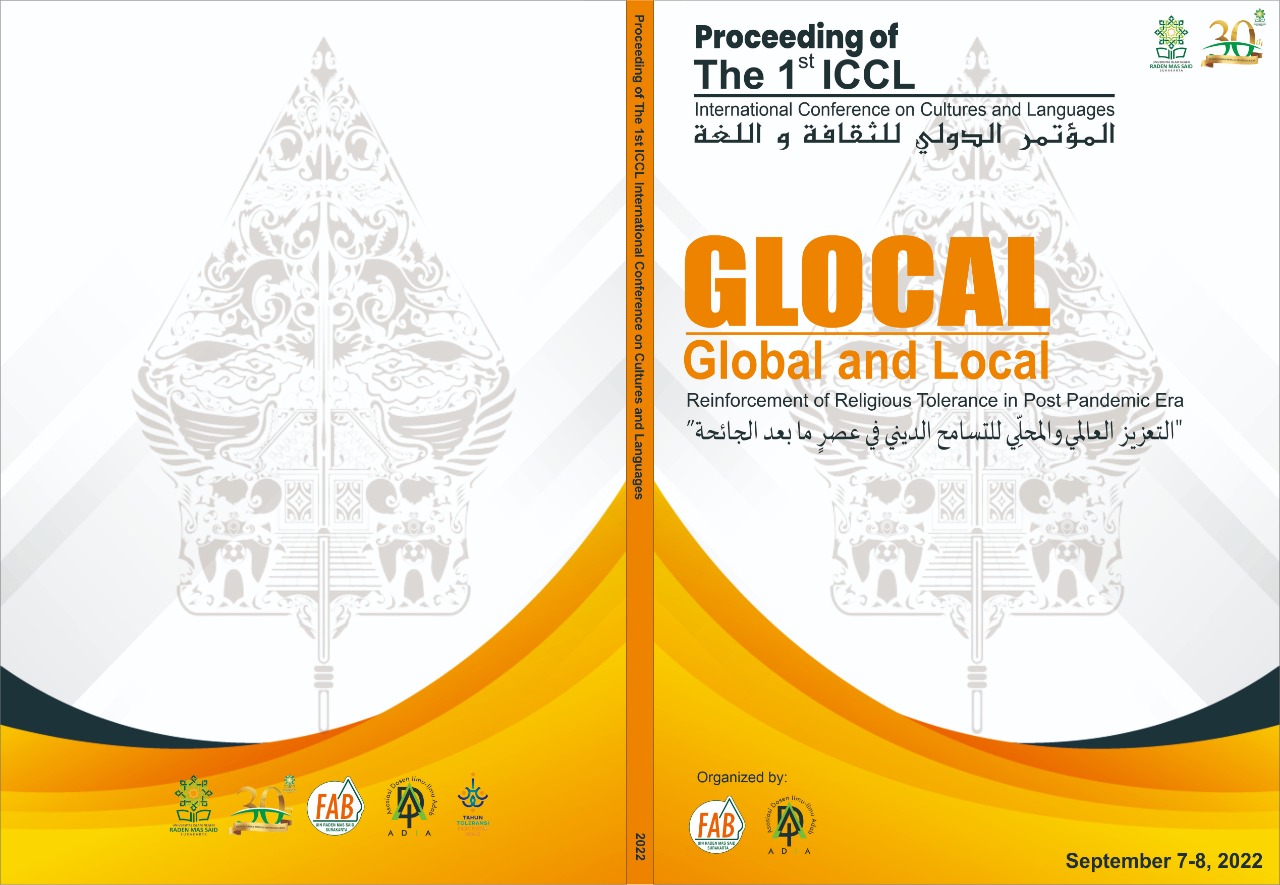Secularism, Islamisation and Humanism: Which Permutation for Religious Tolerance and Harmony?
Keywords:
Secularism, Humanism, Islam, ToleranceAbstract
In multiethnic, multireligious, and multicultural Singapore, Singapore's brand of secularism that guarantees freedom of religious belief, practice, and expression, alongside the government's policies of fostering social cohesion, have been key contributors to Singapore's burgeoning religious pluralism, tolerance, mutual understanding, care, and concern. However, a growing and influential episteme that might challenge Singaporean Muslims’ acceptance of Singapore's brand of secularism is the Islamisation of knowledge discourse, which was a response to Islamic revivalism which spread globally since the 1970s. This episteme has even influenced local asatizah, who have misgivings about Singapore's secularism despite living in a secular country. For Singapore and Malaysia, there are two relevant and dominant perspectives on the Islamisation of knowledge - one by Ismail Farugi and the other by Syed Naquib Al-Attas. Faruqi's perspective is positivistic
and only addresses the Islamisation of knowledge of subjects in terms of their forms, and not the substantive essence of the subjects. For Al-Attas, what matters is the Islamisation of epistemology and metaphysics of knowledge rooted in the Sufi-inspired Islamisation of the mind, worldview, and perspective. As a result of the possibility of interpreting the works of Al-Attas from a revivalist and Islamist orientation, many Muslims from Singapore and Malaysia who follow the works of Al-Attas, especially his more ideological work “Islam and Secularism”, are antagonistic towards secularism and this is very problematic for a secular context like Singapore. The ideological work "Islam and Secularism", interpreted by actors and Malaysian elites who engage with this work of Al-Attas' through their Islamic revivalist orientation and paradigm, had already resulted in the mobilisation of the Malaysian government and civil society actors to Islamise the public sphere, including the policies, laws, and institutions of the state. However, it is also Al-Attas’ perspective that offers a possible viable interpretation leading to the Islamisation of the mind and not the Islamisation of the external public sphere without superficially Islamising knowledge, if we refer to his metaphysical, ontological, and epistemological works. To foster religious tolerance and harmony while maintaining an Islamised mind in a secularised public environment, the discussions by Al-Attas on metaphysics, ontology and epistemology, barring his more ideological writings like “Islam and Secularism”, can be combined with the Islamic humanistic tradition, historically captured by “Tai Us-Salatin”, a literary work written in Aceh in the early 17th century. This important treatise is a kind of advice for al-Muluk or advice and reflection for Malay rulers, which contains universal humanistic elements like equality before the rule of law and social justice, that when harnessed, will foster religious tolerance and harmony, especially in multireligious countries and cities like Singapore. The combination of the Islamisation of the mind privately, and not an Islamisation of the public sphere, with the tradition and orientation of Islamic humanism, will lead to an increase in religious harmony and tolerance in multireligious societies and enable Muslims to remain rooted in the Islamic humanistic tradition dynamically and creatively in a publicly secular environment.


